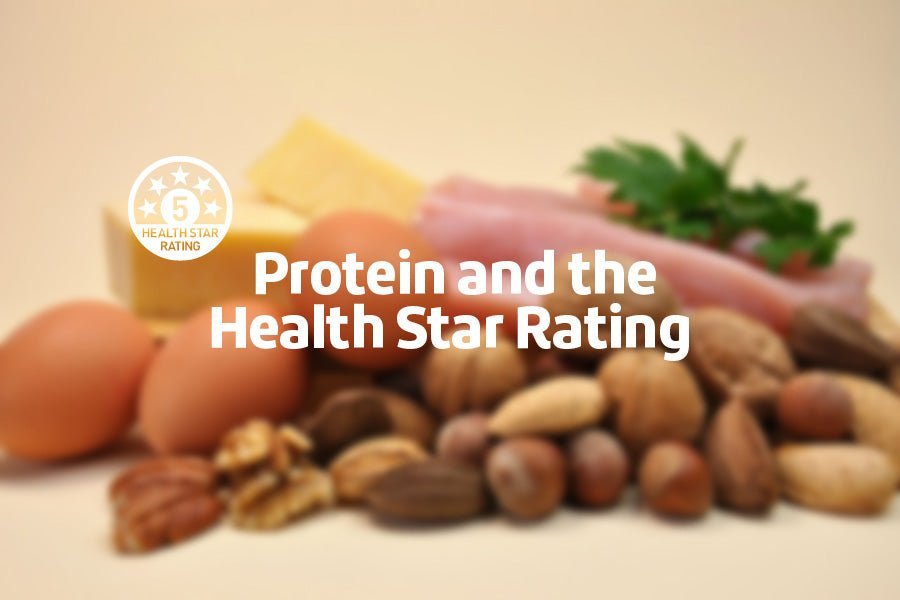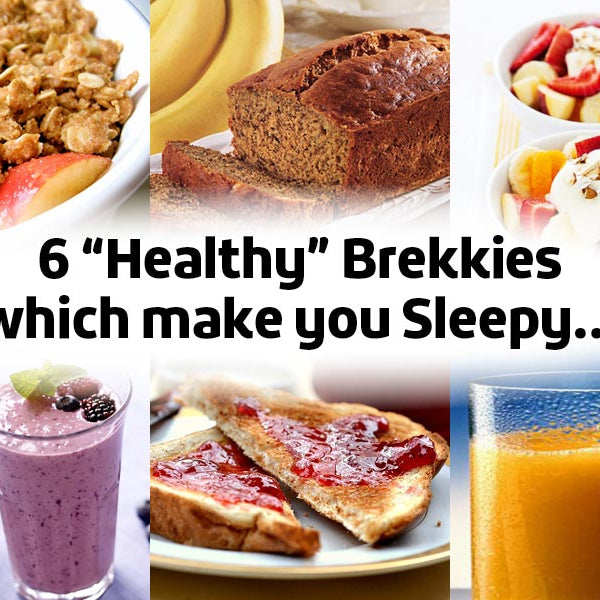
We recently told you about the new Health Star Rating (HSR) system that will be introduced not only to our packaging, but any food products that choose to display it in Australia. It is a rating system that shows the nutritional benefits of a food product with stars; the more stars, the more nutritious. It uses 5 different elements to determine the nutrition level: energy, a nutritional benefit chosen by the company (protein, fibre, etc), total sugars, saturated fat and sodium. For a bit more detail on this, have a look at our previous blog post on the Health Star Rating.
Articles Referenced:
https://www.webmd.com/men/features/benefits-protein
http://www.choosemyplate.gov/
https://www.medicalnewstoday.com/articles/196279.php
We’re going to dive into some more detail about each element of the HSR system so you can better understand why it’s beneficial, and what it all means!
So to start with, what is protein?
Protein is an essential part of our diet, as proteins make up so much of our body. Protein is a fundamental element in our bones, muscles, cartilage, skin and blood. It is also used to make enzymes, hormones and antibodies and helps to transport oxygen through our blood stream. It’s easy to see why protein in our diet is so important! Protein is also one of the three different nutrients that provides calories to our bodies:- Protein
- Carbohydrates
- Fats
Why is it good for me?
So we’ve looked at what protein is, but why is it good for you? The main reason is because it helps your body to function properly. Without any protein in our diet, we would quickly become very sick. However it is common for people in western countries to actually consume too much protein. Protein has also been found to help you feel fuller for longer. Feeling full is known as satiety, and a high protein diet is known to increase satiety and decrease your level of hunger. A recent study found that if you are on a high-protein diet, you will consume about 10% less energy, which is equal to about 200 calories a day. This in turn aids in weight loss, purely just because you’re consuming less calories a day. Although some people believe that protein will build muscle, it only aids in muscle growth. Exercise is the only thing that builds muscle, but eating protein shortly after exercising has been known to maximise muscle growth.What foods have high protein?
There are many different foods which are high in protein:- Red meat
- Fish
- Poultry
- Beans
- Nuts
- Whole grains
- And of course, Protein Bread, Date and Walnut Loaf or Protein Pancake Mix!
How much protein should I eat during the day?
Fats, carbohydrates and protein are macronutrients, which means that we need to consume a relatively large amount of them. In comparison, vitamins and minerals are only needed in smaller quantities, so are known as micronutrients. Below is a rough estimate of how much protein you should eat each day, but it does depend on a number of factors including age, sex, exercise level, weight and general health. As well as this, if you're competing, preparing for a long-range athletic event or body building, the amount of protein you need per day will be higher.- 0.75g/kg for adult women
- 0.84g/kg for adult men
- 1g/kg for pregnant and breastfeeding women, and for men and women over 70 years old

